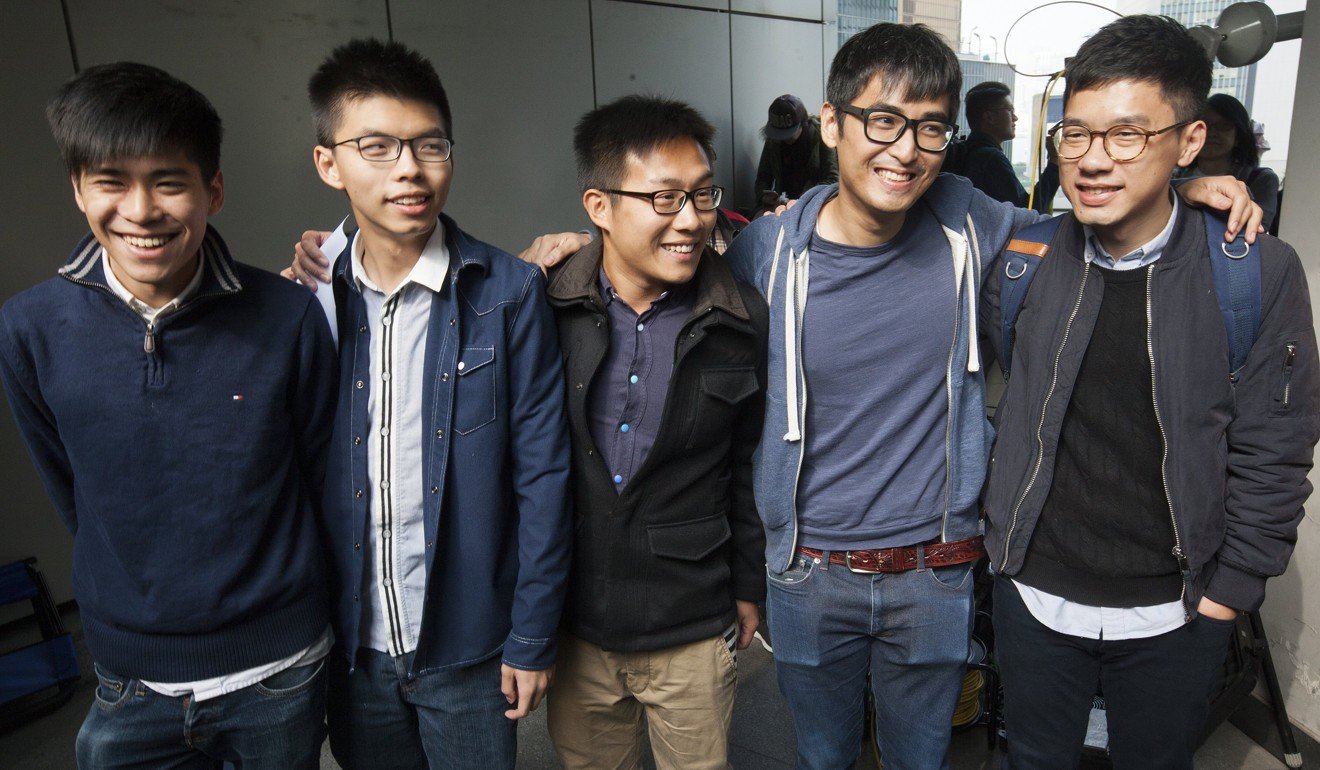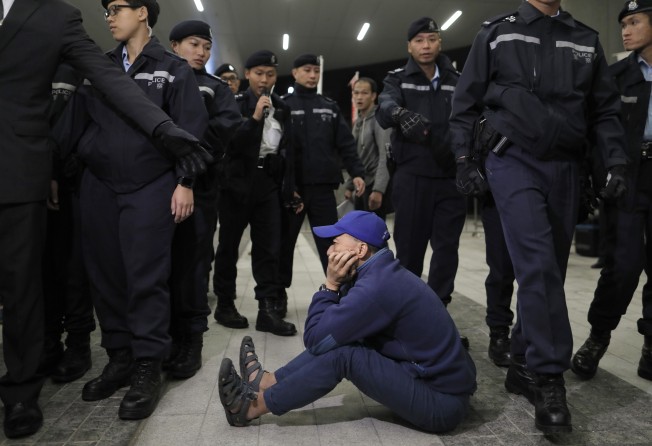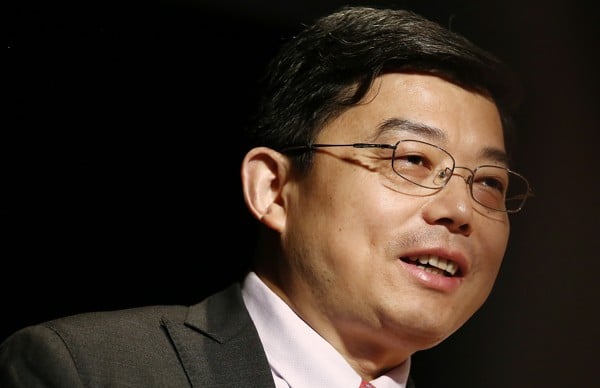
Under red China, democracy is dead in Hong Kong
Michael Chugani says with our communist leaders in Beijing increasingly confident in exerting their control over the SAR, the city’s aspirations for genuine democracy will go unanswered

Do you intend to still be in Hong Kong 10 years from now or are you already having second thoughts? It will be 2027, and a jittery 20-year countdown will begin towards the year “one country, two systems” expires.
I’ll most likely be dead by 2047. But Joshua Wong Chi-fung, Nathan Law Kwun-chung and other localists will only be in their early 50s. If they have not already fled, will they still be nimble enough to scale security fences or daring enough to trigger uprisings?

They have insisted that they will never give up their democracy fight.
But bear in mind those who riot or occupy streets will not only be dealing with pushover local police officers. After 2047, they will most likely also have to face off with loyalist People’s Liberation Army soldiers, the kind young mainland activists confronted during the 1989 Tiananmen Square uprising. We all know how that ended.
No one knows if Beijing will renew “one country, two systems”, make changes, or declare it dead. Whatever happens, I’m betting the PLA will no longer be confined to barracks. After 50 years of reunification, Beijing will want to exert more visibility into its sovereignty over Hong Kong.
Watch: Xi Jinping speaks at event marking PLA’s 90th anniversary
Already, we are hearing subtle warnings from Beijing that it needs to clearly demonstrate who the real boss is after years of deference to Hongkongers. What better way to do that than to make the garrison here a more visible part of our city?

In fact, the train is already in motion. Imagine a senior mainland official daring to spook the city by saying Hong Kong is part of “red China”. It would have crossed the line of local sensitivities before. Well, it happened two weeks ago with the crass assertion by the legal head of the central government’s liaison office, Wang Zhenmin, who said Hong Kong has become part of “red China” since reunification because the Communist Party and the country are inseparable.
If he had said that in 2014, he would have turned the Occupy Central movement into a combustible uprising, ensuring even more violence.
Many insist the Occupy protests were totally peaceful. That’s fake news. There was violence, and not only by the police.
But Wang’s “red China” remark caused just a short-lived ripple. Expect that to be the “new normal”. The recent march against “authoritarian rule” in Hong Kong drew just 2,000. Last Monday night’s attempt to relive Occupy with a camp protest outside the Legislative Council against rule changes attracted barely 100. It all points to a shadow of slow surrender over the city.
So-called genuine democracy is dead. The opposition put the last nail in its coffin with Occupy.
Watch: How Hong Kong’s Occupy protests started
Nothing in President Xi Jinping’s speech at the 19th Communist Party congress envisaged a fully democratised Hong Kong with minimal involvement by the central government. Rather, it envisaged a Hong Kong drawn back into the fold as part of red China’s rise to global superpower status.
The hit movie Ten Years envisages a dystopian future Hong Kong under the totalitarian thumb of communist China, with Mandarin imposed on the population and Red-Guard-like youth spying on family and friends. As I have said before, that’s a bit far-fetched.
But 10 years from now, Hong Kong will be very different from today, just like the difference we have today compared to 10 years ago. Back then, we didn’t hear as much Mandarin in the streets; commercial premises in Central were not colonised by mainland firms able and willing to pay top rents; mainland officials didn’t speak as bluntly as they do today.
As we head into the future, your choices are limited. Stand up for the national anthem, recognise Hong Kong as part of red China, and kiss genuine democracy goodbye. If you do all that, you can reap the bountiful benefits the world’s second-largest economy can offer.
If you can’t bring yourself to do that, there is just one other alternative: pack up and leave.
Michael Chugani is a Hong Kong journalist and TV show host